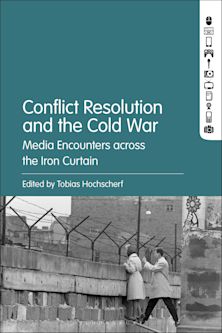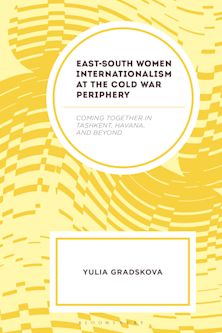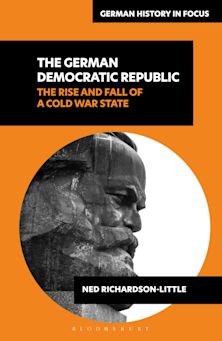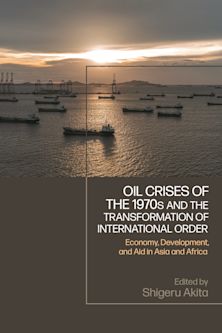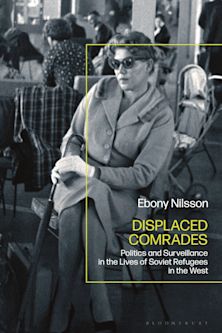Poland and the Making of Transnational Social Science
Eastern Europe, the United States, and the Wilsonian Moment
Poland and the Making of Transnational Social Science
Eastern Europe, the United States, and the Wilsonian Moment
Description
This book explores how American internationalism and Eastern European social science influenced and reshaped each other in the 1930s, giving rise to the phenomenon of transnational social science. By tracing interactions between Polish and Jewish scholars and American internationalists, it reveals how politically relevant knowledge-on nations, nationalism, and migration-evolved into the area studies on Eastern Europe that emerged at American universities during the early Cold War.
Following Woodrow Wilson's interest in Eastern Europe, a group of American internationalists-primarily linked to Columbia University, think tanks, and philanthropists-worked to establish a network of experts in the region. In their effort to support peace and democracy, they sought to advance social-scientific knowledge of Eastern Europe's contested borderlands. Poland and the Making of Transnational Social Science explores how interactions between scholars-Polish and Jewish intellectuals and their American counterparts-shaped interwar transnational thought on self-determination, nationalism and national indifference, anti-Semitism and racial exclusion, migration, and assimilation. This knowledge circulation played a key role in the evolution of 1930s social science and its transition into American Cold War area studies.
Table of Contents
1. Constructing Expertise
2. National Indifference and Exercises in Self-Determination
3. Constructing Networks and Facing Polish Dilemmas
4. Borderlands and Nationalism
5. Jews Transcending Borders
6. Crossing Borders
Conclusion
Product details

| Published | Dec 11 2025 |
|---|---|
| Format | Ebook (Epub & Mobi) |
| Edition | 1st |
| Extent | 224 |
| ISBN | 9781350464018 |
| Imprint | Bloomsbury Academic |
| Illustrations | 10 bw illus |
| Series | Histories of Internationalism |
| Publisher | Bloomsbury Publishing |
Reviews

ONLINE RESOURCES
Bloomsbury Collections
This book is available on Bloomsbury Collections where your library has access.













